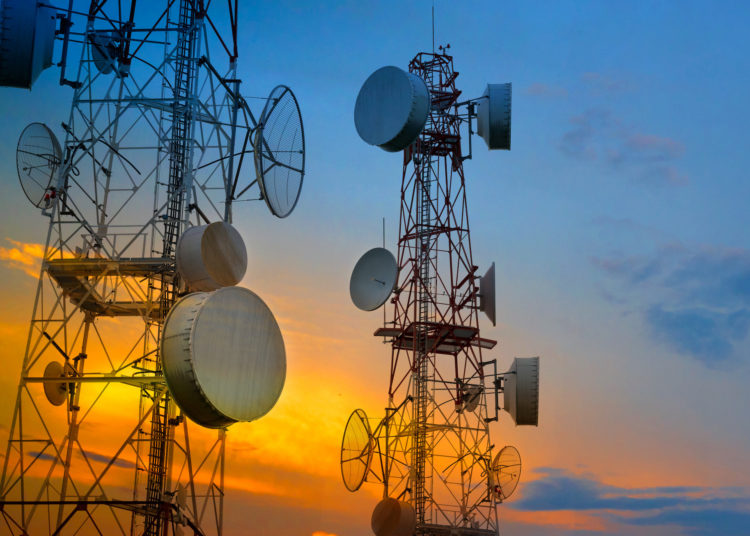The Nigerian Communications Commission (NCC) recently hosted a stakeholders’ forum in Abuja to discuss the proposed 5% excise duty on telecommunications services, a move that has sparked significant opposition from telecom operators. The forum was organized to address concerns surrounding the policy and its potential impact on the industry.
The Ministry of Finance, Budget, and National Planning, along with the Nigerian Customs Service, defended the excise duty, emphasizing its necessity for generating revenue amidst declining oil revenues. Zainab Ahmed, the Minister of Finance, Budget, and National Planning, represented by Musa Umar, Assistant Director Tax Policy, stated that the government’s approach aligns with global practices and urged telecom operators to comply with the policy.
Frank Oshanipin, Assistant Chief Administration Officer at the Ministry of Finance, also spoke in favor of the excise duty, asserting that it is essential for funding the national budget in light of Nigeria’s economic challenges.
In his opening address, the Executive Vice Chairman of NCC, represented by Adeleke Adeolu, Commissioner for Stakeholders’ Engagement, explained that the excise duty stems from Section 37 of the Finance Act 2020, which mandates the imposition of excise duties on telecom service providers at rates specified by the president.
However, telecom operators, including the president of the Association of Licensed Telecom Operators of Nigeria (ALTON), Gbenga Adebayo, rejected the proposal. Adebayo argued that the telecom sector is already burdened with 39 other taxes, and the additional excise duty would only increase costs for operators and ultimately for subscribers. He emphasized that the operators may be forced to pass the tax onto consumers in the form of higher prices for services.
Similarly, Adeolu Ogubanjo, national president of the National Association of Telecoms Subscribers (NATCOMS), expressed concerns over the cumulative tax burden on Nigerians. He noted that, when added to the existing 7.5% VAT and other charges, the excise duty would raise the total tax on telecom services to 12.5%, which he described as excessive and burdensome.
Ajibola Olude, Executive Secretary of the Association of Telecommunications Companies of Nigeria (ATCON), also opposed the excise duty, arguing that it violates the principles of fairness in taxation and could lead to job losses in the sector. Olude highlighted that the current state of the Nigerian telecommunications industry, particularly the foreign exchange challenges faced by ISPs, makes the imposition of such a tax particularly harmful.
Telecom operators remain steadfast in their opposition to the excise duty, urging the government to reconsider its decision in the interest of both the industry and the millions of Nigerians who rely on telecommunications services.




